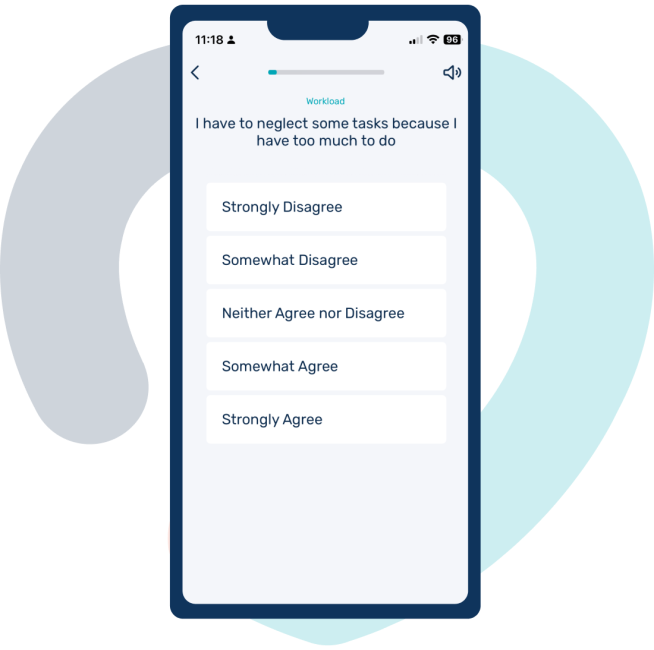Building a Strong Business Case for Investing in Psychosocial Risk Management

Featured
Welcome to Mibo's Psychosocial Risk Management Assessment (PRMA)...
Welcome to Mibo's Revolutionary Harm-Benefit Indicator

How to Defuse Management's Biggest Psychosocial Risk Management Fear
When it comes to Psychosocial Risk Management, aiming to:
👉 Just get started
👉 Streamline the start-up process
👉 Simply meet compliance
👉 Minimise disruption to perceived ‘higher priorities’
👉 Reduce survey fatigue
👉 Avoid the concerns that rigorous assessments can evoke
👉 Not ruffle the feathers of senior execs
…can result in some critical oversights. For example:
A supportive psychosocial environment is a core strategic requirement for organisational success. Managed effectively, it offers powerful levers for improving employee health and work outcomes…yet senior leaders may not understand this potential. And a successful risk management journey will be a marathon, not a sprint.
So while it might seem simpler to:
👉 Focus only on initial steps
👉 Use a very brief quantitative tool
👉 Select a positively worded survey that skips hazard exposure
👉 Repurpose current culture or engagement surveys
👉 Assess risk without including protective factor benefits
👉 Settle for general hazard profiles based on internal data and current knowledge
👉 Lean exclusively on focus groups, observations, or staff conversations
If your end goal is to go beyond compliance and develop a successful risk management strategy that sustainably improves staff health and work outcomes…
Even a combination of these efforts may fall short in achieving a compelling business case that earns the resourcing psychosocial risk management deserves.
Why?
Because senior execs are focused on meeting business goals and driving shareholder value. And it’s hard to convincingly speak to these priorities via the above mentioned approaches, meaning securing funding aligned with your organisation’s best interests may prove challenging.
Instead, a more persuasive approach combines addressing exec concerns by highlighting organisational strengths with quantitative data that resonates with their priorities.
Therefore, a rigorous quantitative tool that calculates direct financial costs tied to the psychosocial environment, communicates control measure ROI, and provides detailed insights to guide more targeted and efficient qualitative follow-up, is likely worth your consideration.
Our Mibo Psychosocial Risk Management Assessment (PRMA) has been designed with these principles in mind.





